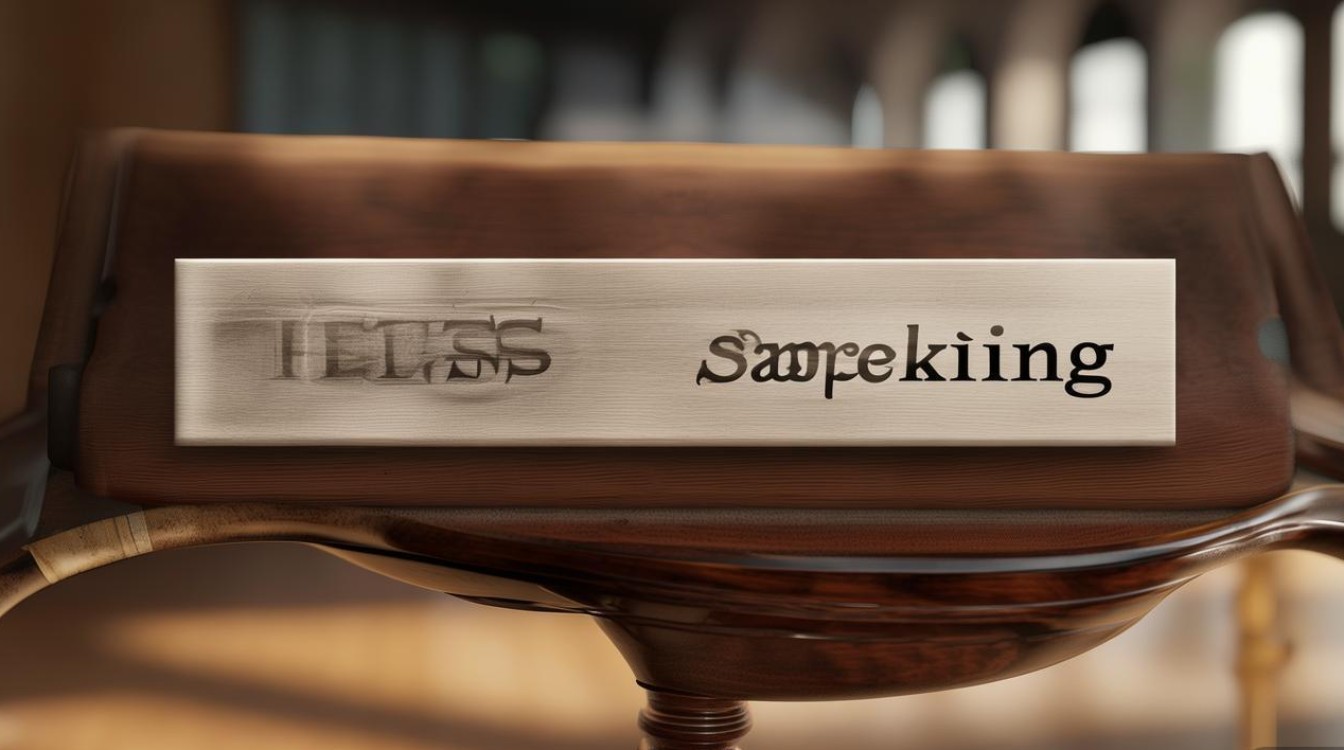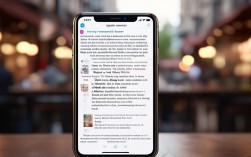在雅思口语考试中,"instrument"是一个高频话题,不仅因为它与日常生活、兴趣爱好紧密相关,更因为它能充分考察考生的词汇丰富度、语法运用能力和逻辑表达能力,无论是描述自己是否会演奏乐器、学习乐器的经历,还是探讨音乐对个人成长的影响,围绕"instrument"展开的内容都能为考生提供展示语言能力的舞台,本文将从核心词汇拓展、话题分类解析、实用表达技巧和备考建议四个方面,系统梳理与"instrument"相关的雅思口语考点,帮助考生从容应对这一话题。

核心词汇与表达拓展
掌握与"instrument"相关的精准词汇是口语表达的基础,考生需区分不同类型乐器的名称,并学会描述其特征、演奏方式及个人感受。
乐器分类及名称
- 弦乐器:violin(小提琴)、guitar(吉他)、cello(大提琴)、ukulele(尤克里里)
- 管乐器:piano(钢琴,虽为键盘乐器,但归为打击乐类)、flute(长笛)、trumpet(小号)、clarinet(单簧管)
- 打击乐器:drum(鼓)、xylophone(木琴)、cymbals(钹)
动词与短语搭配
- 演奏:play the + 乐器名称(play the guitar)、perform on...(perform on the piano)
- 学习:learn to play...、take up...(take up the violin at the age of 6)
- 描述技巧:master(掌握)、be skilled in...(擅长...)、struggle with...(在...方面有困难)
形容词与情感表达
- 音色:melodious(悦耳的)、mellow(醇厚的)、piercing(刺耳的)
- 情感:soothing(令人舒缓的)、energetic(充满活力的)、sentimental(怀旧的)
描述学习经历时可用:"I started learning the piano when I was seven, and though I struggled with finger coordination at first, the melodical sound of each note kept me motivated."
话题分类与答题思路
雅思口语中与"instrument"相关的话题常出现在Part 1的" hobbies"、Part 2的" describe a musical instrument"及Part 3的" music education"等环节,以下分类解析答题逻辑。
Part 1:基础认知与个人关联
常见问题:
- Do you play any musical instruments?
- Would you like to learn to play an instrument in the future?
- What musical instruments are popular in your country?
答题要点:
- 简洁直接回答,补充1-2句细节(如学习时长、频率)。
- 结合个人经历,"Yes, I’ve played the ukulele for three years. It’s small and easy to carry, so I often practice it in the park on weekends."
Part 2:描述类话题(Describe a musical instrument you want to learn)
答题框架:
| 部分 | 内容要点 |
|----------------|-----------------------------------------------------------------------------|
| Introduction | 点明乐器名称及学习意愿(如:"I’d love to learn the cello because its sound touches my heart.") |
| Reasons | 音色独特(deep and soulful)、文化意义(associated with classical music)、挑战性(complex but rewarding) |
| Experience | 接触乐器的经历(heard it at a concert、watched videos online) |
| Conclusion | 总结期待(hope to perform for friends、feel the music deeply) |
Part 3:深入探讨与抽象延伸
常见问题:
- Why do you think some people give up learning musical instruments?
- Should schools prioritize music education over other subjects?
答题策略:
- 多角度分析(个人、社会、文化层面),"People may quit due to lack of immediate progress, or because academic pressure leaves little time for practice."
- 提出解决方案(如:"Schools could integrate music into daily schedules to make it less of a burden.")
实用表达技巧与语法亮点
-
复合句与从句:
- 使用定语从句描述乐器:"The guitar, which has six strings, is one of the most versatile instruments in the world."
- 运用状语从句解释原因:"If I had more time, I would take up the flute to improve my breath control."
-
非谓语动词:
"Having learned the piano for ten years, I can now play complex pieces by ear."
-
虚拟语气:
"Without the guidance of my teacher, I wouldn’t have mastered the violin so quickly."
备考建议
- 积累个性化素材:结合自身经历(如第一次演奏的紧张、参加演出的激动),避免模板化回答。
- 练习发音与语调:重点练习多音节单词(如"clarinet")和重音位置,模仿母语者的语调变化。
- 模拟问答场景:针对Part 3的开放性问题,练习用"Firstly... Secondly... Finally..."结构展开论述,确保逻辑清晰。
FAQs
Q1: 雅思口语中描述乐器时,是否需要深入乐器的构造或历史?
A1: 不必过度 technical,重点在于结合个人体验,用简单语言描述核心特征(如大小、音色、学习难度),避免堆砌专业术语导致表达生硬。
Q2: 如果不会演奏任何乐器,如何回答“Do you play any musical instruments?”?
A2: 可坦诚回答"No, but I’m a big fan of music...",并转向描述喜欢的音乐类型、音乐会经历或对乐器的欣赏,"Though I can’t play any, I often listen to the violin to relax—it feels like telling stories without words."











